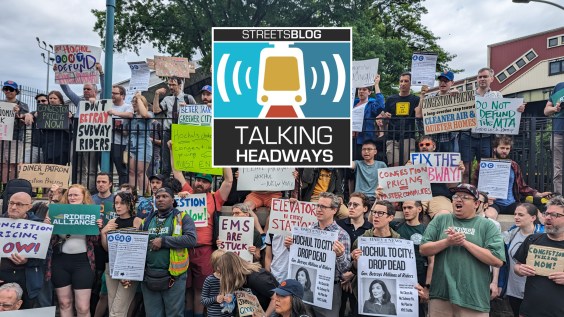 Detroit -- and other
Detroit -- and otherstruggling cities -- should be themselves rather than trying to emulate
urban "cool kids." (Photo: Sagittariuss
via Flickr)
How should cities think about branding
themselves?
Even if the whole idea of "branding" a city is distasteful to you,
keep reading. Because yesterday's post about "The Authentic City" on
Aaron Renn's The
Urbanophile is not about the kind of cute marketing campaigns that
word might imply. Instead, it's full of important ideas about what it
will take for struggling cities to move forward.
For places like Detroit and Indianapolis, Renn argues, it's not
about trying to be like "the cool kids" -- the "world-class" cities like
New York, or the exceptional cases like Portland, Oregon. It's about
building on a city's history and its essential nature:
Unfortunately, most cities are still stuck in high school. Theythink it is about having the accoutrements of the cool places, notrealizing that they are just like Charlie Brown trying to kick thatfootball. What’s worse, they actually seem determined in many cases todownplay or leave behind many of their strongest brand assets in anyattempt to be like the cool kids. (For more on this, see my piece, “The Brand Promise of Indianapolis”)
To renew our cities, we have to build on what they are, not whatthey aren’t. The lesson of Portland is not the physical things Portland did. The lesson of Portland is that they went their own way and didwhat was right for them. Other cities need to find their own paths.That doesn’t mean you can’t do something or aspire to be somethingyou’ve never been. That’s how we grow as people and as cities. Butsuddenly deciding to just chuck your whole heritage, history, character, etc. and go in a radically different direction is probably not going to work. One reason, for example, the 1970’s era amateur sports strategyfor Indianapolis worked is that sports was something that was alreadycompatible with the local culture. It was a reworking of something that was already there, positioned for the future -- and it fit the city.
It's well worth reading Renn's piece in full.
More from around the network: Reimagine
an Urban Paradise wonders why so many trucks park on the sidewalk
in Pittsburgh. Transit
Miami writes about how McDonald's -- and its staggering dependence
on drive-throughs -- influences in our energy policy. And The
Overhead Wire has a post on the ongoing tension between housing
density and NIMBYism.





